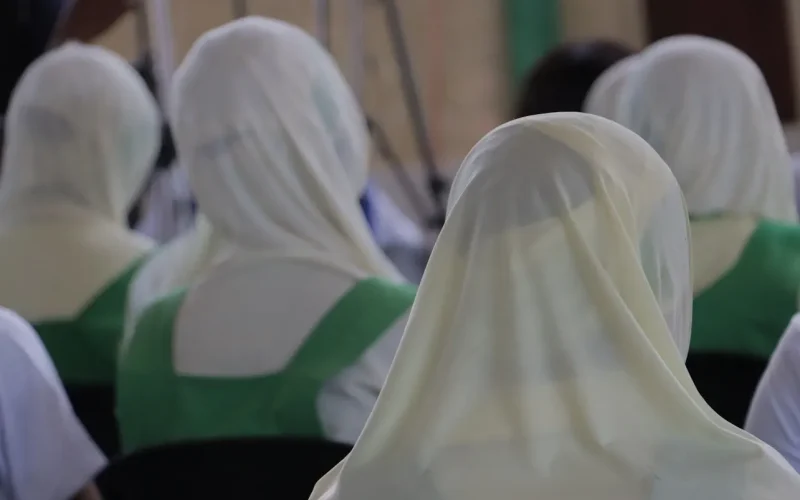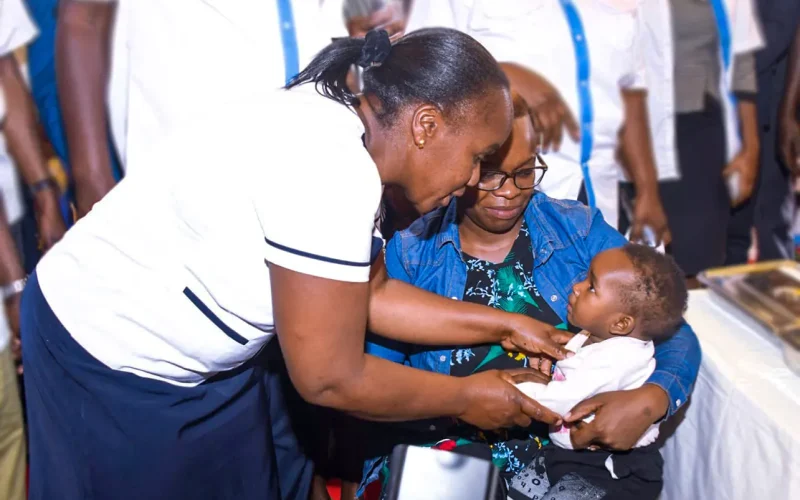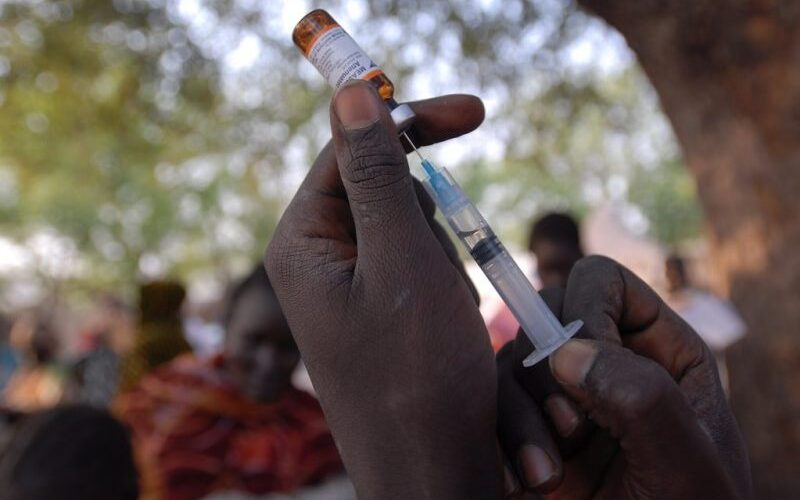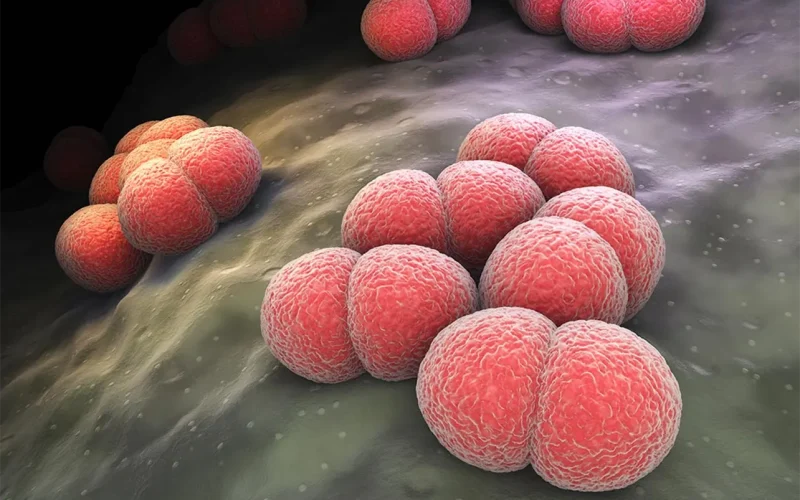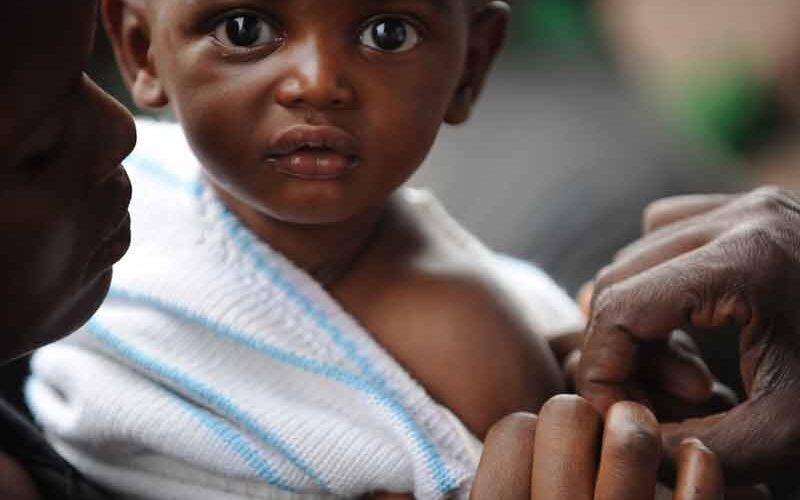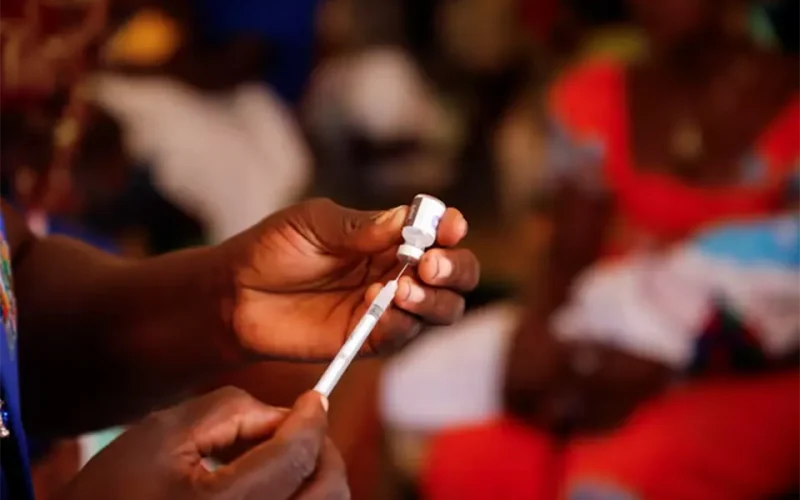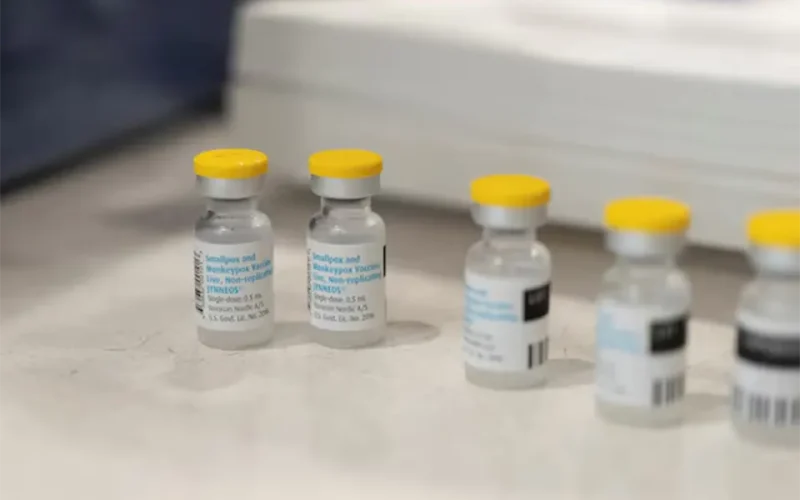
Radical “Ramaphosa Care” bill signed into law in SA
SOUTH Africa's President Cyril Ramaphosa signed into law a bill that aims to provide universal health coverage, hailing it as a major step towards a more just society two weeks before an election that is expected to be fiercely competitive. The National Health Insurance (NHI) Act takes aim at a two-tier health system, in which a publicly funded sector that serves 84% of the population is overburdened and run down while some people have access to better treatment through private insurance. Opponents have vowed to challenge it in court and described it is a ploy for votes - which the presidency denied…

